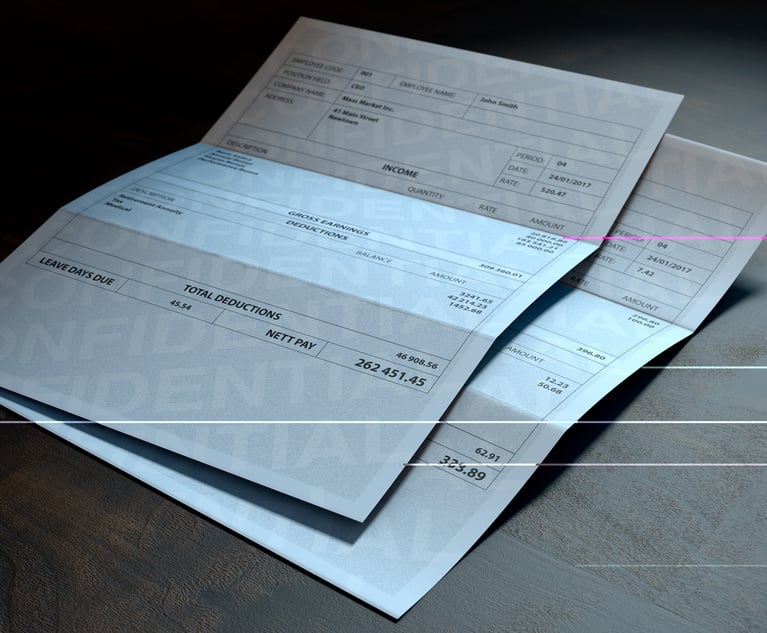New Jersey’s two laws regulating the cannabis industry—one applicable to medical use and the other to “adult” or “recreational” use—condition the issuance and maintenance of required business licenses on the applicant/licensee taking certain union-related actions, such as inviting unions onto private property, introducing union representatives to employees, recognizing a union for collective bargaining purposes, bargaining with a recognized union, and entering into a labor contract.
These private sector employers are also governed by federal labor law, the National Labor Relations Act (NLRA), which is founded on a basic tenet that private sector collective bargaining shall be left to the economic power of each party subject to some governance of the organizing, election and bargaining processes. New Jersey’s extra regulation of cannabis labor relations therefore raises the question whether it can legally co-exist under this federal scheme.
This content has been archived. It is available through our partners, LexisNexis® and Bloomberg Law.
To view this content, please continue to their sites.
Not a Lexis Subscriber?
Subscribe Now
Not a Bloomberg Law Subscriber?
Subscribe Now
LexisNexis® and Bloomberg Law are third party online distributors of the broad collection of current and archived versions of ALM's legal news publications. LexisNexis® and Bloomberg Law customers are able to access and use ALM's content, including content from the National Law Journal, The American Lawyer, Legaltech News, The New York Law Journal, and Corporate Counsel, as well as other sources of legal information.
For questions call 1-877-256-2472 or contact us at [email protected]


 Credit: Visual Generation Inc. / Shutterstock.com
Credit: Visual Generation Inc. / Shutterstock.com




